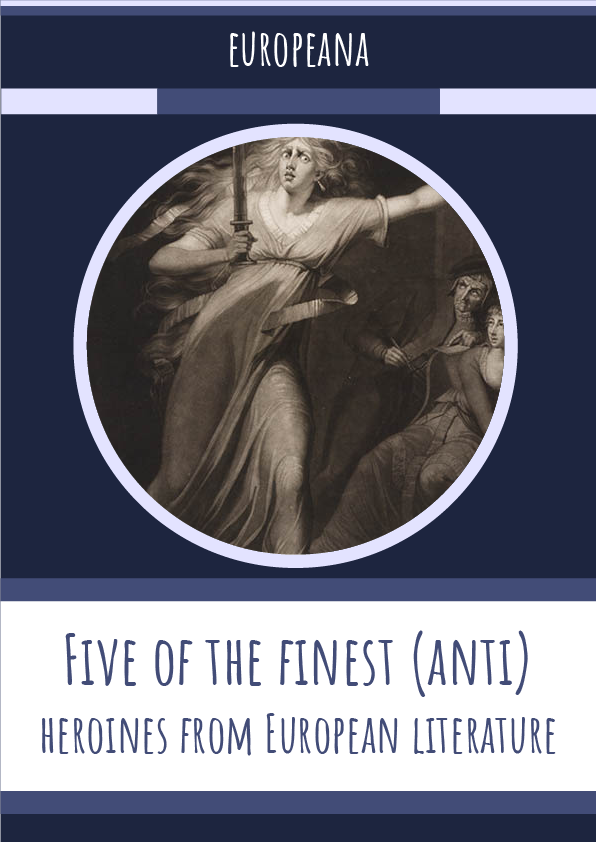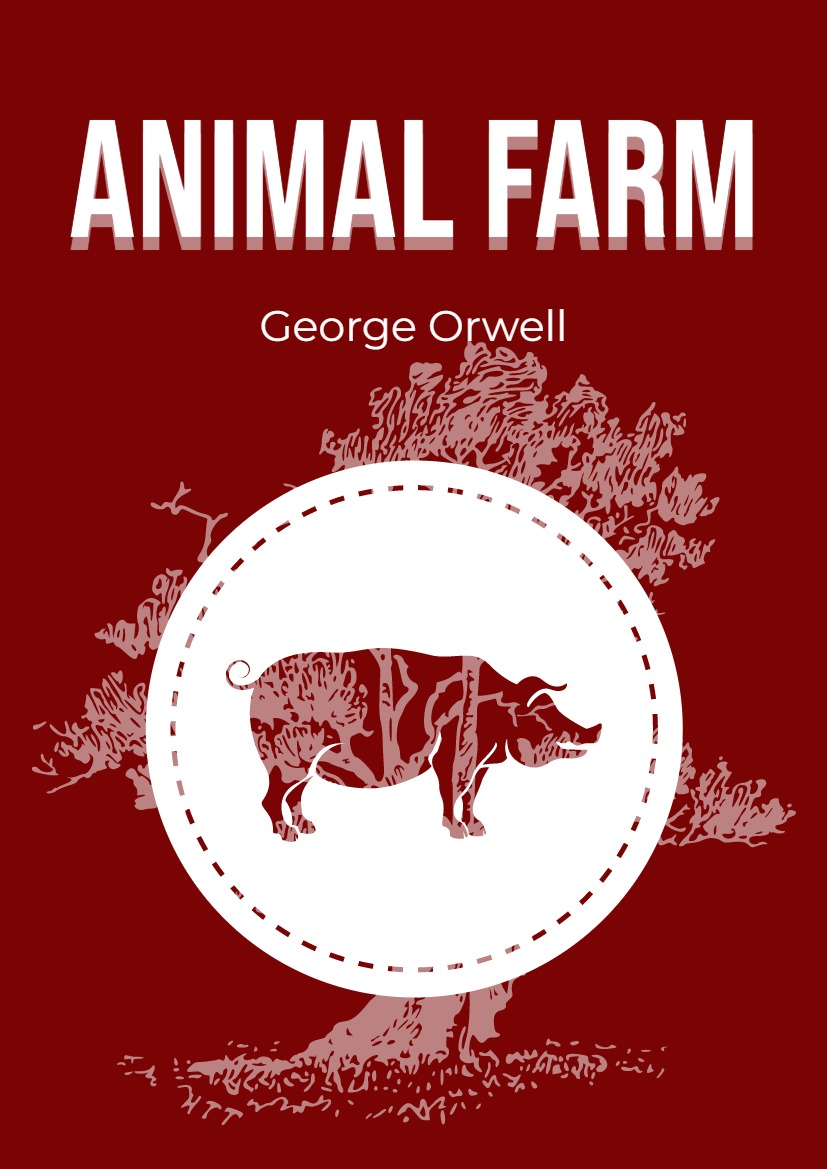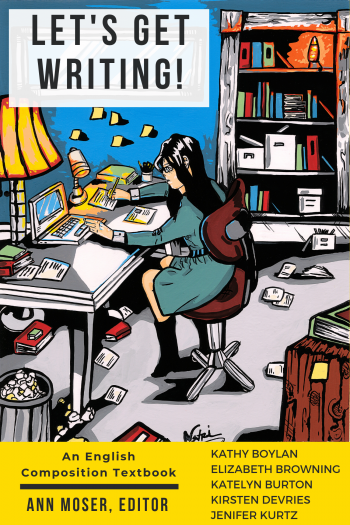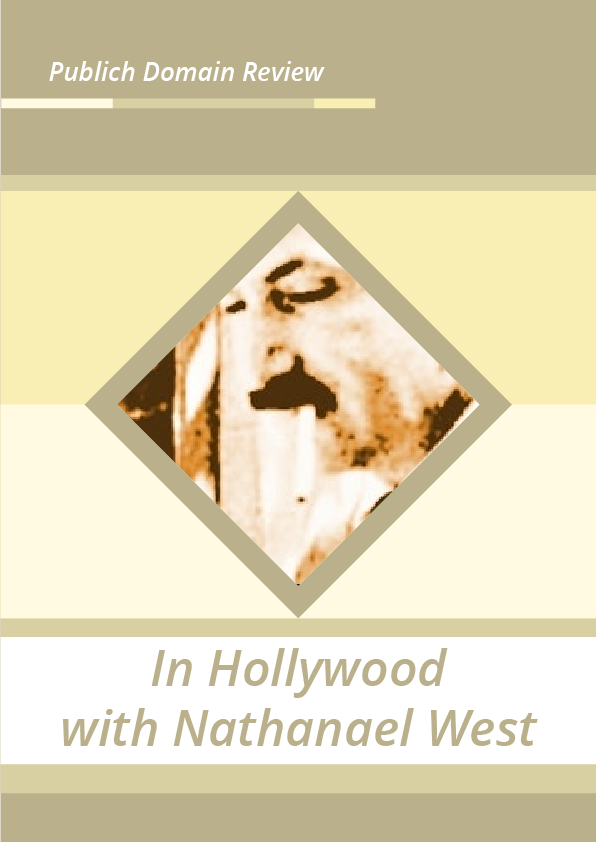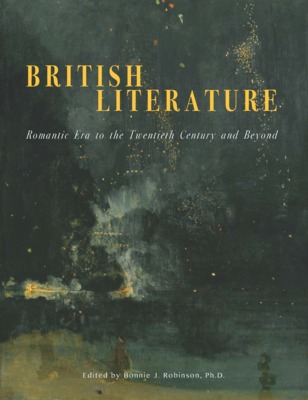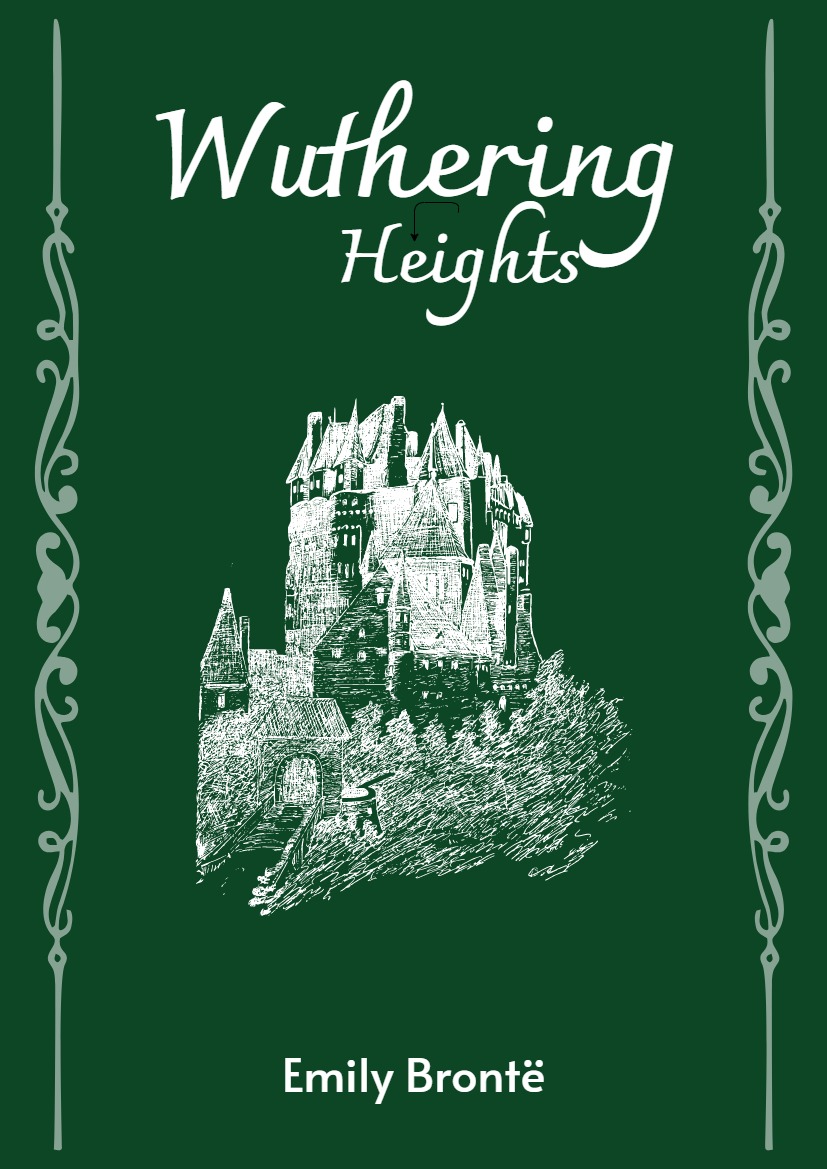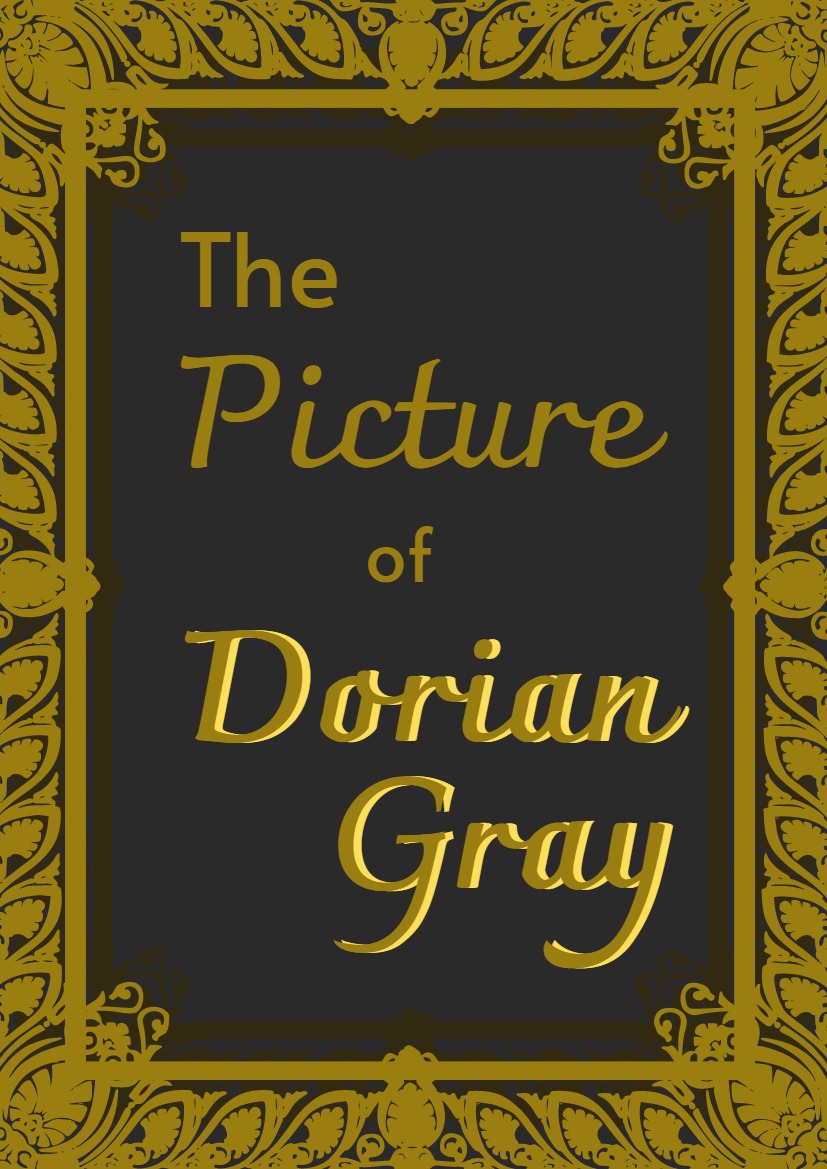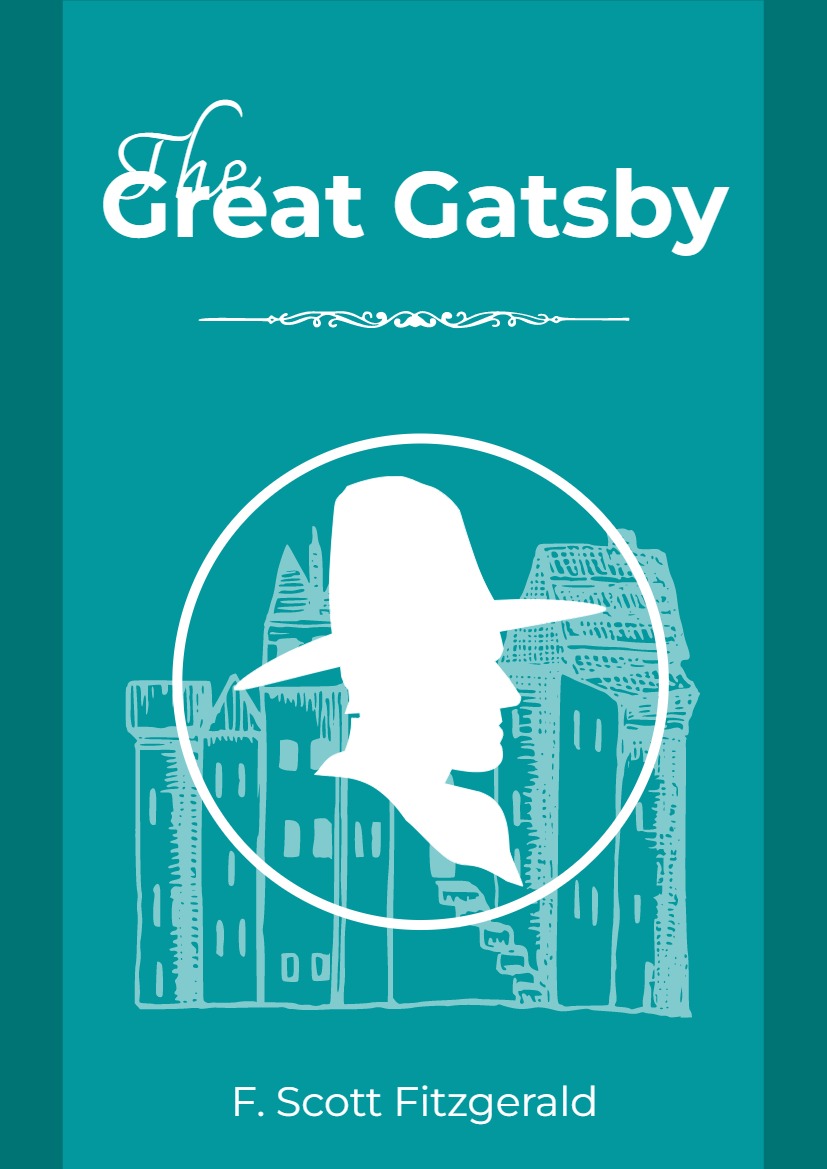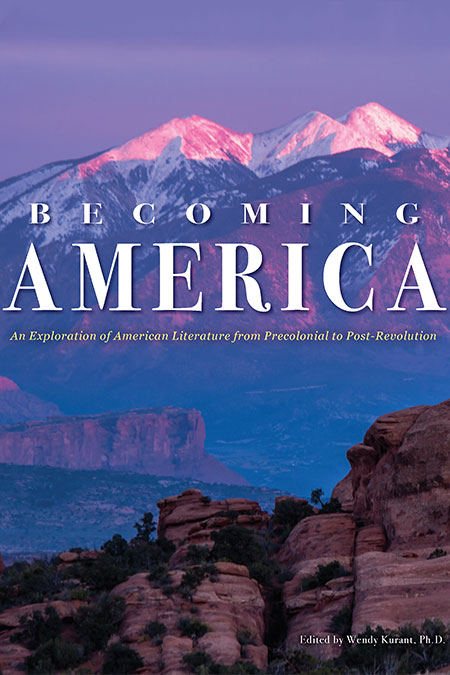Great female characters in European literature
This post began with an idea to write about great female characters in European literature. Those that break the mould. Doing a little bit of research, the term ‘anti-heroine’ came up. And so did a range of characters who could fall into that category (see below for more on them). So I started to look at what the term ‘anti-heroine’ meant and it started to worry me.
Technically, it’s simple – an anti-heroine is the opposite of a heroine. According to both the Oxford English Dictionary and Wikipedia, it means ‘lacking’ traditional heroic qualities – things like bravery, strength and morality.
An anti-heroine is a female protagonist who is not confined by the expectations put upon them, someone who makes ‘unconventional life choices’. The trouble is, conventions and expectations have always had an awful lot to do with gender. So what I came to understand was that being an anti-heroine meant rocking the boat, no longer being feminine, becoming ‘other’.
These days, our definition of what it means to be feminine is much broader than that which constrained the authors of the characters outlined below. So categorising these characters as anti-heroines now starts to feel problematic. They all break the feminine mould of their time – whether or not they possess beauty, none of them will tow the line, they follow their own desires, they stand up for themselves.
It is exactly this anti-heroic ‘bad behaviour’, and determination to ‘defy conventional ethical codes’ that makes them real and relatable. To characterise them as ‘anti-heroic’ and therefore ‘lacking’, seems wrong. They are strong, independent, courageous, passionate, tempestuous, intelligent, angry, sometimes even evil. And they show us that even when a life is constrained by behavioural codes relating to patriarchy, marriage and motherhood, that it is ok to want more than that, to find a way to get more than that. They tell us that what a woman wants for herself matters more than what society expects of her. That shows great bravery, strength and morality, doesn’t it? It makes them not ‘anti-heroic’ but bonafide ‘heroic’.
However you want to categorise them, here are five box-breakers from great European literature:
1. Jane Eyre, of Jane Eyre, by Charlotte Brontë.
When I finally got round to reading this, it made me both smile and laugh. Where were you all my life, Jane? Despite being from the fusty old Victorian era, Jane was a breath of fresh air to me. Jane is orphaned early on, (solid way to start a story – see nearly every Disney movie), but she is not blessed with the other heroic Disney trope of beauty. Nor is she given to going along with things that she does not agree with. So, ugly and disagreeable, she must instead have a personality. And it’s a great one. Go and read it.
“I care for myself. The more solitary, the more friendless, the more unsustained I am, the more I will respect myself.” Jane Eyre, Charlotte Brontë
2. Madame Bovary, of Madame Bovary, by Gustave Flaubert.
I read this, aged 20, with no empathy for Emma at all. It was her own behaviour and bad decision-making that brought about her ever-increasing sorrow and ultimate tragic ending. But I was naive. Because what else could she do? A girl with big ambition trapped within a stiflingly domestic and pedestrian existence. These days, she’d be running a blog with a lot of swearing in it about what a terrible parent she was whilst swiping right on an anonymous profile on Tinder. But in mid-19th century France, married to an unobservant and unexciting local doctor, she had to get her kicks from reading romantic novels and failing at a series of adulterous affairs.
“She wanted to die, but she also wanted to live in Paris.” Madame Bovary, Gustave Flaubert
